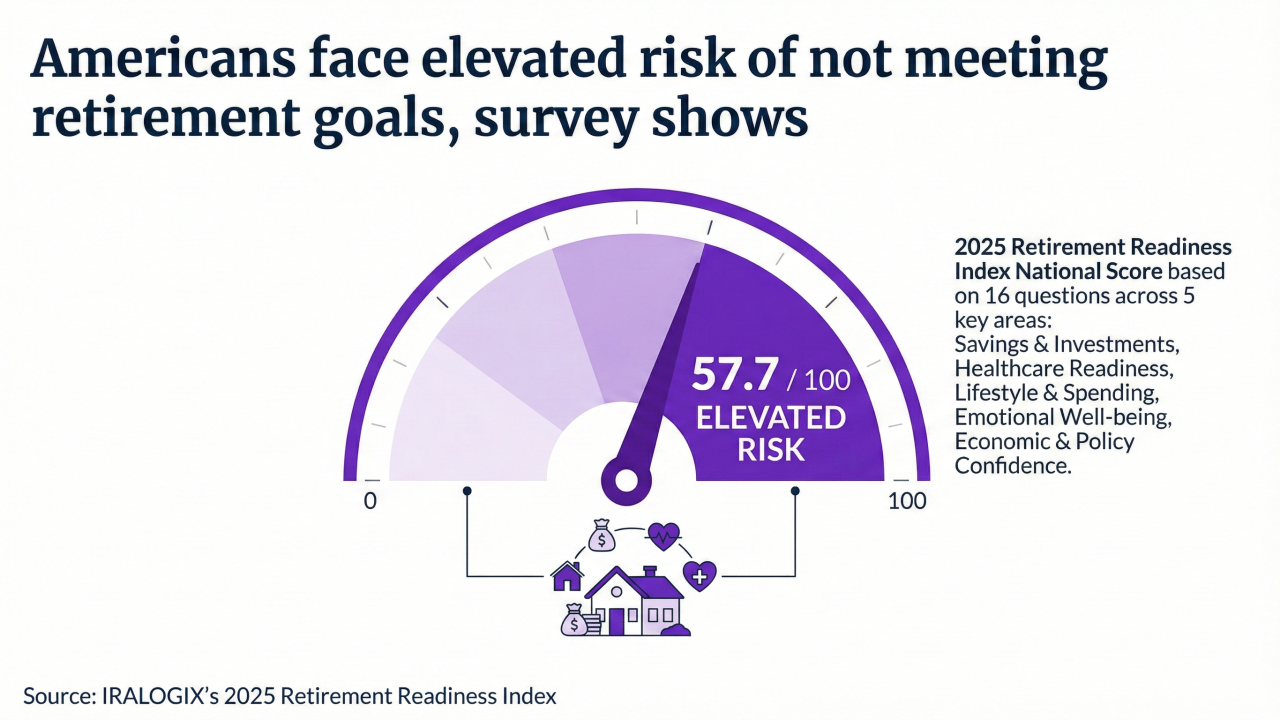"I could never work with my mother!" people tell me, shaking their heads as they imagine the trials and tribulations of working with a parent.
Many people marvel at the relationship I share with my mother, Mary Lou Buettner. I've only had to send her apology flowers twice in the 13 years we've worked together.
You've no doubt heard of "mom-isms" - those pithy pieces of advice mothers are always sharing with their often recalcitrant offspring. When you work with your mother, you hear mom-isms every day.
With more than 40 years of experience in the benefits business, Mary Lou shares her mom-isms not just with me, but with our entire staff. She likes to joke that she was around when deductibles were invented.
I've watched Mary Lou shame a harassed and overworked insurance carrier service rep into taking the time to slow down and help a young worker facing thousands of dollars in medical bills.
"We have to be this girl's mother," she admonished the rep. "She needs your good advice and assistance."
Many HR managers have to mother employees every day. Employees often don't pay attention to their benefits until they get into trouble, then they expect their "mother" to bail them out.
It's a balancing act, weighing the good of the company with the needs of the employee.
When it comes to mothering, a group that needs it most is terminated employees, whether they're leaving voluntarily or involuntarily.
This month's checklist (see chart, below) can help you handle an employee's insurance programs when they are terminated for non-disability-related reasons. (It's a guideline only, and may need to be modified if a severance package is offered or if a negotiated contract needs to be takent into account.)
Generally, the two most common issues we find:
1. An employer neglects to terminate the employee from insurance in a timely fashion and then expects the insurance carrier to retroactively terminate the coverage.
2. Offering conversion on group life insurance. This has led to legal issues when an ill employee dies and his or her relatives doggedly assert that the employee would have paid the very high conversion policy prices in order to leave a nice legacy to them.
Please note that while COBRA is a federal law, many states have their own individual legislation when dealing with terminated employees and their benefits programs. Check with your broker/consultant or insurance carrier for the regulations in your state.
Contributing Editor Laurie S. Miller is president of Miller Buettner & Parrott, Inc., an employee benefits consulting firm in Rockford, Ill. The firm consults with over 50 public entities and also has a large corporate practice. She holds an MBA from Northern Illinois University and a BA from Eastern Illinois University. She can be reached at





